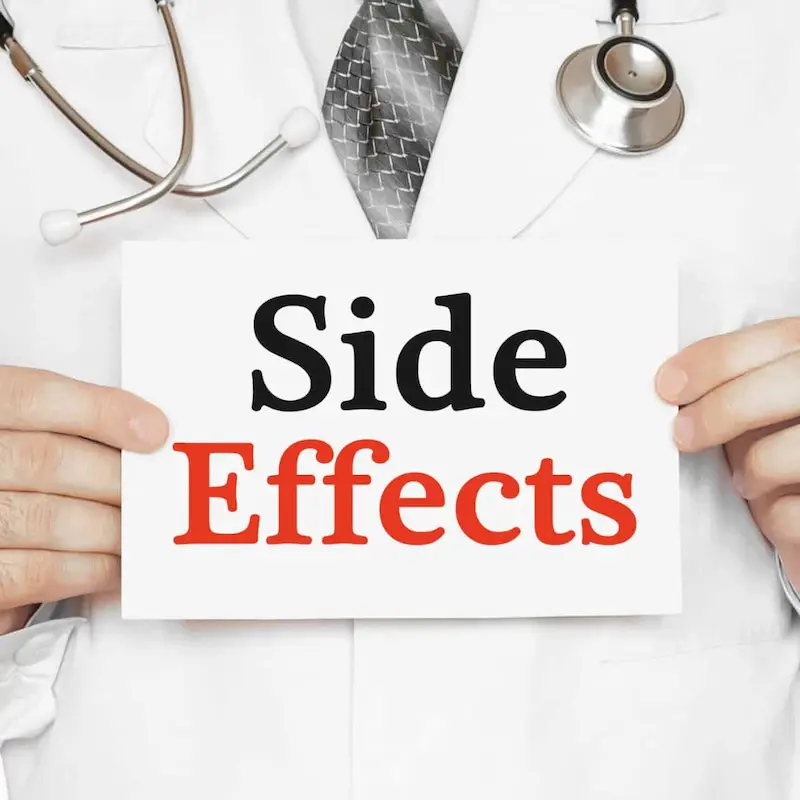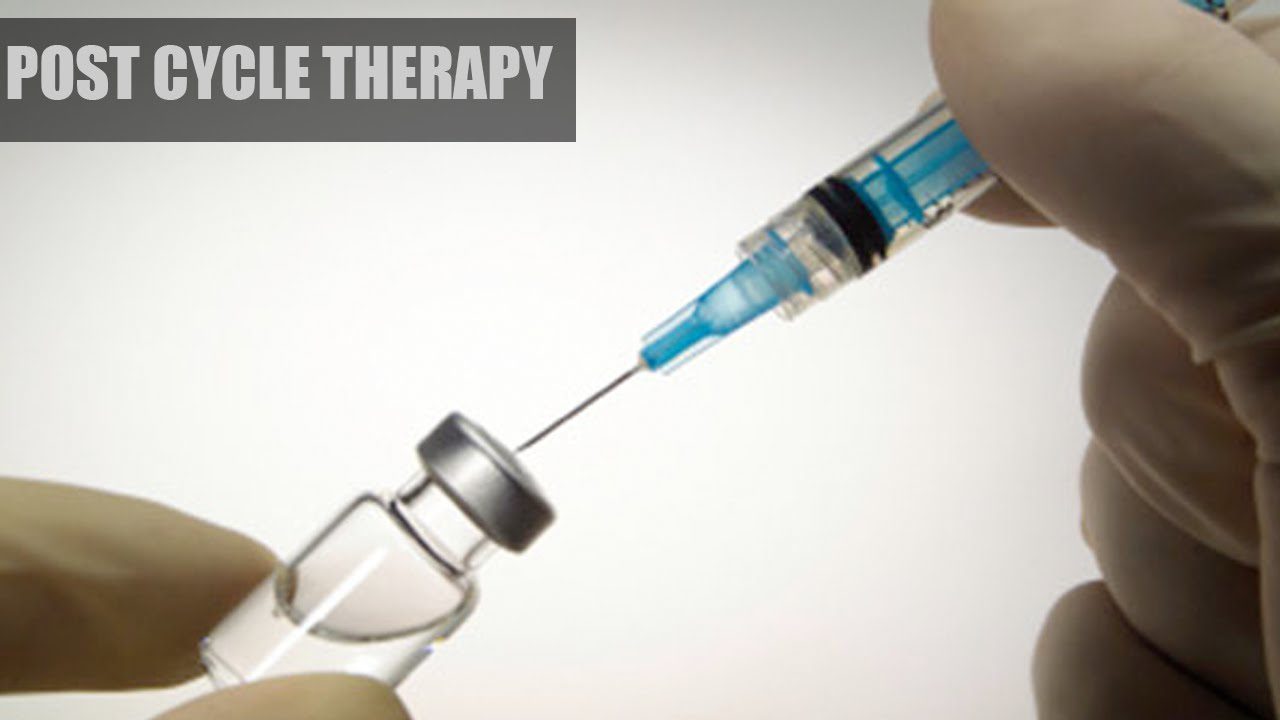Steroid cycles, the structured periods during which anabolic steroids are used in a systematic way, are planned based on multiple factors including the user’s goals, physical condition, and their experience with such substances. Age plays a significant role in this planning process due to age-related physiological changes that can affect both the efficacy and the safety of steroid use. With advancing age, the body’s natural hormone production, particularly testosterone, tends to decline, leading to different steroid cycle needs and responses as compared to younger users.
Understanding the interplay between steroids and the aging body is critical for optimizing the results while minimizing adverse effects. Older users may require tailored steroid cycle components to suit their unique hormonal profiles. Moreover, the risks and potential side effects of steroid use often become more pronounced as age increases, making age-specific strategies and post-cycle therapy considerations essential for mitigating health-related issues.
Quick Summary
- Age-specific strategies are necessary to optimize steroid cycle outcomes and minimize risks.
- Tailored steroid cycle components are required to address the changing hormonal profiles in older users.
- Post-cycle therapy must consider age-related physiological changes to effectively restore hormone balance.
Understanding Steroids and Age-Related Changes

As individuals age, the natural production of hormones such as testosterone and other androgens alters, which can significantly impact how the body responds to anabolic steroids.
Effects of Aging on Hormone Levels
Aging is associated with a decline in hormone levels, particularly in testosterone for men and estrogen for women approaching menopause. Men, typically after the age of 30, experience a gradual decrease in testosterone production at a rate of about 1% per year. This hormonal change can lead to reduced muscle mass, decreased strength, and a longer recovery time from exercise. In women, menopause brings a more abrupt change in hormone levels, marked by a significant drop in estrogen and progesterone, as well as fluctuations in androgen levels. This can result in a variety of symptoms and physiological changes, which also influence the body’s response to anabolic steroids.
- Testosterone levels by age group (men):
- 30-40 years: 219-1009 ng/dL
- 40-50 years: 201-993 ng/dL
- 50-60 years: 170-918 ng/dL
- 60+ years: 156-700 ng/dL
Age Considerations in Anabolic Steroid Use
When contemplating anabolic steroid use, age-related hormonal changes must be taken into account to tailor a cycle that is safe and effective. Older individuals may require lower doses and more extended periods between cycles to allow the body adequate time for recovery. Additionally, due to diminished efficiency in hormone synthesis and metabolism, the risk of adverse side effects may be elevated, necessitating close monitoring and adjustment of steroid regimens. The choice and dosage of steroids in older adults should reflect the changes in their endogenous hormone production, ensuring that the intended benefits of muscle growth, strength gain, or other objectives are weighed against potential health risks.
- Key considerations:
- Initial Assessment: Assessment of baseline hormone levels.
- Customization: Tailoring dosage and cycle length to individual age-related changes.
- Monitoring: Close monitoring for potential side effects and efficacy.
Steroid Cycle Components for Different Age Groups

When planning steroid cycles, different age groups require tailored components, with particular attention to dosages and the experience level of the individual.
Beginner Steroid Cycles
Younger users, often in their late teens to early twenties, typically need lower doses due to their natural hormone levels being higher. A beginner steroid cycle for this age group may include a simple testosterone-enanthate cycle at a dosage of 300-500 mg per week for 8-12 weeks. This cycle is often suggested for its ability to gauge individual tolerance levels.
- Testosterone-Enanthate: 300-500 mg/week
- Duration: 8-12 weeks
For older beginners, those in their late twenties to early forties, the body’s natural testosterone production has typically slowed down, and a careful approach is essential to mitigate potential health risks. An example cycle for this group might incorporate a mild anabolic like nandrolone with testosterone at slightly higher dosages than younger users.
- Testosterone Cypionate: 400-600 mg/week
- Nandrolone Decanoate: 200-400 mg/week
- Duration: 10-14 weeks
Intermediate to Advanced Cycles
For individuals aged between twenty to forty who have completed multiple steroid cycles, intermediate dosages and additional compounds are often introduced. An intermediate cycle may combine testosterone with Dianabol for enhanced muscle growth, while incorporating Arimidex to manage estrogen levels.
- Testosterone Cypionate: 500-700 mg/week
- Dianabol: 30-50 mg/day
- Arimidex: 0.5 mg every other day
- Duration: 8-12 weeks
Older individuals, in their forties or above and with extensive experience with steroids, may manipulate their cycle components more precisely. They require vigilant monitoring of health parameters. Advanced cycles could integrate multiple compounds like Trenbolone and Equipoise, with emphasis on monitoring side effects.
- Testosterone Enanthate: 600-750 mg/week
- Trenbolone Enanthate: 400 mg/week
- Equipoise: 400 mg/week
- Duration: 12-16 weeks
References
Risks and Side Effects in Aged Users

When planning steroids cycles for older individuals, special considerations must be taken into account due to the increased risk of adverse effects and the heightened sensitivity of health markers that come with age.
Potential Side Effects and Health Markers
Older steroid users may experience a range of potential side effects that can affect their overall health. Key health markers, including blood pressure, cholesterol levels, and liver enzyme values, should be closely monitored. Early onset of certain conditions such as hypertension and dyslipidemia could be predisposed by the use of anabolic steroids. These aged users may also see amplified impacts on executive function, with cognitive abilities being potentially at risk due to altered hormonal levels.
- Blood Pressure: Hypertension is a common side effect and a critical health marker to monitor.
- Cholesterol Levels: Elevated LDL and reduced HDL can result from steroid use, posing cardiovascular risks.
- Liver Enzymes: Indicators of liver health can signal stress or damage to the liver.
Testosterone Supplementation and its Implications
Testosterone supplementation in older adults must be carefully managed because of the delicate balance required to maintain health while counteracting age-related testosterone decline. Aggression and mood swings are potential side effects, which can be more pronounced in aged individuals due to hormonal changes. Close consultation with healthcare providers is essential to mitigate adverse effects and to tailor the supplementation to the physiological needs of the older user.
- Hormonal Balance: Careful management can help maintain physiological levels and prevent potential complications.
- Mood Changes: Users should be aware of the possible increase in aggression and mood instability.
References
- Health marker impacts: National Institute on Aging
- Testosterone supplementation guidelines: Endocrine Society
- Cognitive effects of steroids: Journal of Clinical Endocrinology & Metabolism
Post-Cycle Therapy and Age-Related Considerations

As men age, the recovery period after a steroid cycle, known as post-cycle therapy (PCT), requires greater attention. This is due to age-related physiological changes that affect hormonal balance and recovery.
Understanding Post-Cycle Therapy (PCT)
Post-cycle therapy (PCT) is a crucial phase where users of anabolic-androgenic steroids (AAS) aim to restore natural hormonal balance after a cycle. The primary goal of PCT is to prevent testicular atrophy, maintain gains acquired during the steroid cycle, and restore the body’s natural production of hormones, especially testosterone.
A standard PCT regimen often includes Selective Estrogen Receptor Modulators (SERMs) such as tamoxifen or clomiphene, which stimulate the release of luteinizing hormone (LH) and follicle-stimulating hormone (FSH) to promote testicular function. Additionally, certain protocols may involve the use of human chorionic gonadotropin (hCG), to mimic LH and directly stimulate the testes, thereby preventing or treating testicular atrophy.
Recovery Techniques for Older Users
For older steroid users, the recovery process can be more complex due to a natural decline in hormonal levels. Their PCT may need to be adjusted in terms of drug selection, dosage, and duration compared to younger users.
- SERM Dosage: Older individuals may require a tailored dosage of SERMs. This is because organs like the liver may have reduced function, affecting the metabolism of these medications.
- Estradiol Management: Monitoring and managing levels of estradiol, a form of estrogen, is crucial, as imbalances can lead to side effects such as gynecomastia. Older men often have higher body fat percentages, which can contribute to increased aromatization of testosterone into estradiol.
- Progesterone Considerations: Maintaining the balance of progesterone is also important in PCT, particularly for older users who may be more sensitive to hormonal fluctuations.
A comprehensive PCT for an older individual may involve blood tests to monitor hormonal levels, and physicians might advise more frequent checks of estradiol and testosterone to tailor PCT to the individual’s specific needs.
References
- SERM Information: https://www.ncbi.nlm.nih.gov/books/NBK531504/
- hCG and Testicular Atrophy: https://www.ncbi.nlm.nih.gov/pmc/articles/PMC3956631/
- Estradiol and Aging: https://www.ncbi.nlm.nih.gov/pmc/articles/PMC3192269/
Optimizing Steroid Cycles with Age-Specific Strategies

Steroid cycle optimization considers the individual’s age, focusing precisely on adjusting cycle lengths and dosages while ensuring rigorous monitoring and necessary adjustments.
Tailoring Cycle Length and Dosage
Cycle length and dosage are critical factors that vary with age. Younger adults may engage in 8-12 week cycles with moderate dosages, aimed at balancing efficacy with minimal side effects. In contrast, older adults should consider shorter cycles (6-8 weeks) with lower dosages to accommodate the slower recovery rate and heightened sensitivity to side effects.
- Beginner Steroid Cycles: Often shorter, with lower dosages to assess tolerance.
- Example: Testosterone Enanthate, 250-500 mg/week for 8 weeks.
- Cutting Cycles: Tailored for fat loss while preserving muscle mass.
- Example: Stanozolol (Winstrol), 25-50 mg/day for 6-8 weeks.
- Bulking Cycles: Designed for maximum muscle gain.
- Example: Deca Durabolin, 200-400 mg/week for 8-10 weeks.
Incorporating Monitoring and Adjustments
Continuous monitoring throughout the cycle is vital to ensure safety and efficacy, making timely adjustments based on individual response. Blood tests are recommended every 4-6 weeks to track hormone levels and liver function, especially for those over 40, as they may have a more pronounced change in these levels. Adjustments to dosages or cycle length must be informed by these results to maintain an optimal balance of benefits and risks.
- Dosage Adjustments: In response to side effects or blood test results.
- Reduce dosage or alter frequency if adverse effects arise.
- Cycle Modifications: Based on individual progress and goals.
- Extend cycle or alter compounds if goals are not met within the initial plan.
As the individual enters different stages of life, these strategies must be revisited to align with their evolving physiological landscape.
Frequently Asked Questions

This section addresses common inquiries regarding the influence of age on steroid cycle planning and the tailored approaches required for different age groups.
How does aging affect the recommended protocols for steroid cycles?
As individuals age, their body’s physiological response to anabolic steroids can alter. Older adults may have a slower metabolic rate and altered hormone production, necessitating modifications to standard steroid cycle protocols to optimize safety and effectiveness.
Are there specific risks associated with steroid use in older populations?
Yes, older populations face increased risks when using steroids, including a heightened potential for cardiovascular issues, endocrine disturbances, and musculoskeletal injuries. They should approach steroid use with caution and medical supervision.
What precautions should be taken when older individuals consider using anabolic steroids?
Older individuals should undergo thorough health evaluations, including cardiac assessments and hormone panels, before starting any steroid regimen. Dose adjustments and close monitoring for adverse effects are crucial.
How do the potential benefits of steroid use differ across various age groups?
Younger individuals may experience more pronounced muscle growth and performance enhancement from steroids, while older users may use them to counteract muscle wasting and strength decline. However, the risks and benefits must always be weighed carefully.
What guidance is available for safely administering steroids in the context of age-related hormonal changes?
Medical professionals should guide the use of steroids, taking into consideration the natural hormonal changes that occur with aging. Tailored dosing regimens, cycle lengths, and type of steroid should be adjusted based on individual hormonal profiles.
At what point in the aging process should the use of steroids be re-evaluated or avoided?
Steroid use should be reassessed regularly, with consideration given to discontinuing use as individuals approach advanced age, particularly if they develop health conditions contraindicative to steroid use or if the risks outweigh the potential benefits.
Dr. Grant Fourie, a specialist in male hormones, is based in Cape Town, South Africa. He provides comprehensive treatments for conditions related to low testosterone, such as erectile dysfunction, fatigue, and mood changes. His methods include hormone replacement therapy and other modern treatment options.
Contact me via email or phone to book personal appointment in my clinic: The Village Square, Cape Town - South Africa



